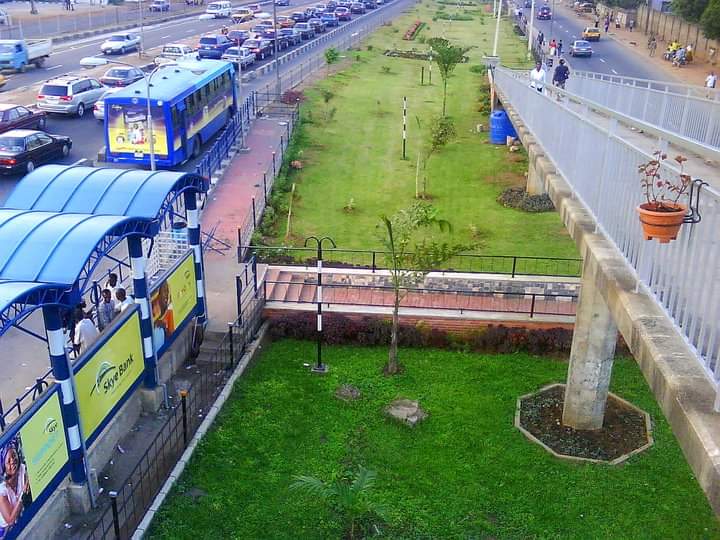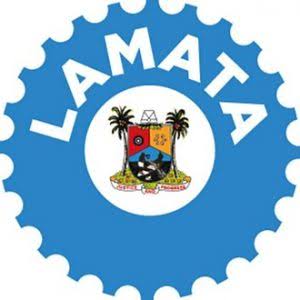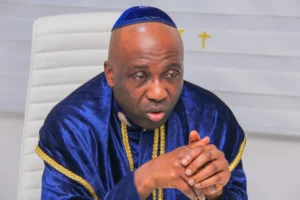Lagos is taking a bold step toward more affordable and eco-friendly transportation by turning to biogas. The state’s Commissioner for Transportation, Seun Osiyemi, believes that using biogas can significantly lower transport costs.
The plan follows the creation of a steering committee by the Lagos Metropolitan Area Transport Authority (LAMATA), which will oversee the use of biogas in public transportation.
The initiative has also gained support from Lagos’ Commissioner for Energy and Mineral Resources, Biodun Ogunleye. He praised the project, saying it would help the state achieve its goal of net-zero emissions by 2050.
Lagos generates about 6,500 tons of organic waste every day, and this waste can be used to produce biogas. Dr. Muyiwa Gbadegesin, the Managing Director of the Lagos Waste Management Authority (LAWMA), highlighted the benefits of turning this waste into energy.
“It makes perfect sense to turn waste into energy,” said Gbadegesin. “This helps with waste management and provides a renewable energy source for transport.”
Using biogas will reduce the state’s reliance on fossil fuels, lower transportation costs, and contribute to a cleaner environment.
LAMATA is also working on strengthening its partnerships with Swedish companies, including Scania, a bus manufacturer. LAMATA’s Managing Director, Abimbola Akinajo, urged Scania to open a local manufacturing plant in Lagos. This would help lower the cost of buses and improve the efficiency of the city’s transport system.
Akinajo stressed that beyond bus sales, Scania could help build local capacity and share valuable knowledge.
Antonia Adenaya, Regional Director for North and West Africa at the Swedish Honorary Consulate, also praised Lagos for its efforts in developing biogas. She encouraged faster action and more collaboration with Swedish businesses to move the project forward.
Lagos State’s biogas plan is part of a larger transport policy that aims to reduce the city’s carbon footprint. By 2050, the state hopes that 52% of the buses in its Bus Rapid Transit (BRT) system will run on clean energy.
With these steps, Lagos is working towards more sustainable transportation, reduced emissions, and lower costs, while setting an example for other cities.


https://www.youtube.com/watch?v=HMQdNLbMXHU?si=Bdck_fhyCrqQo7U8







